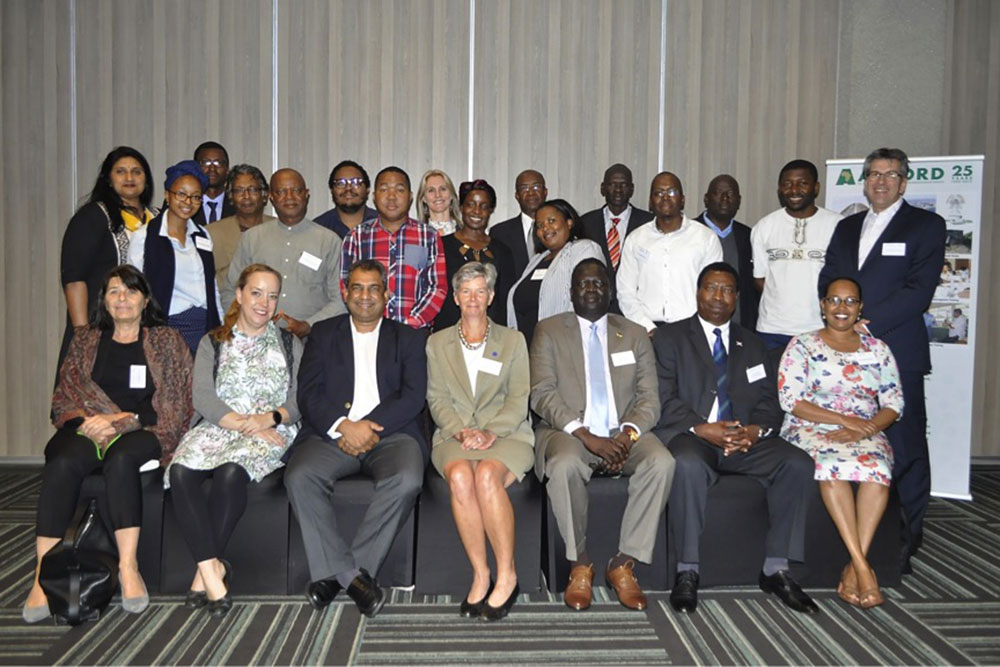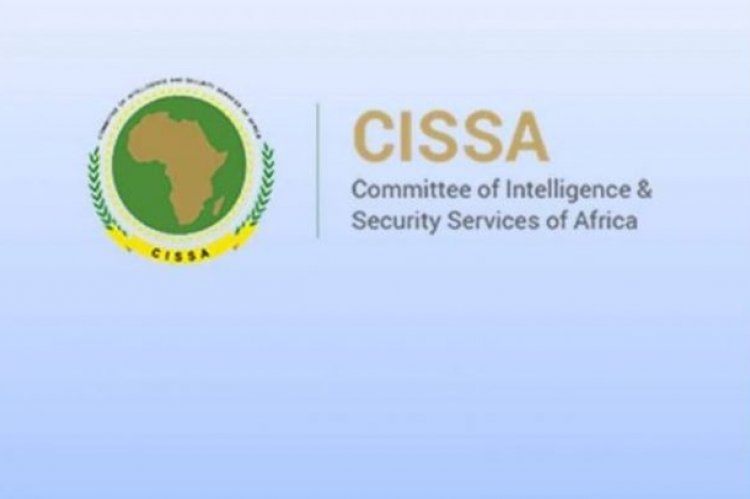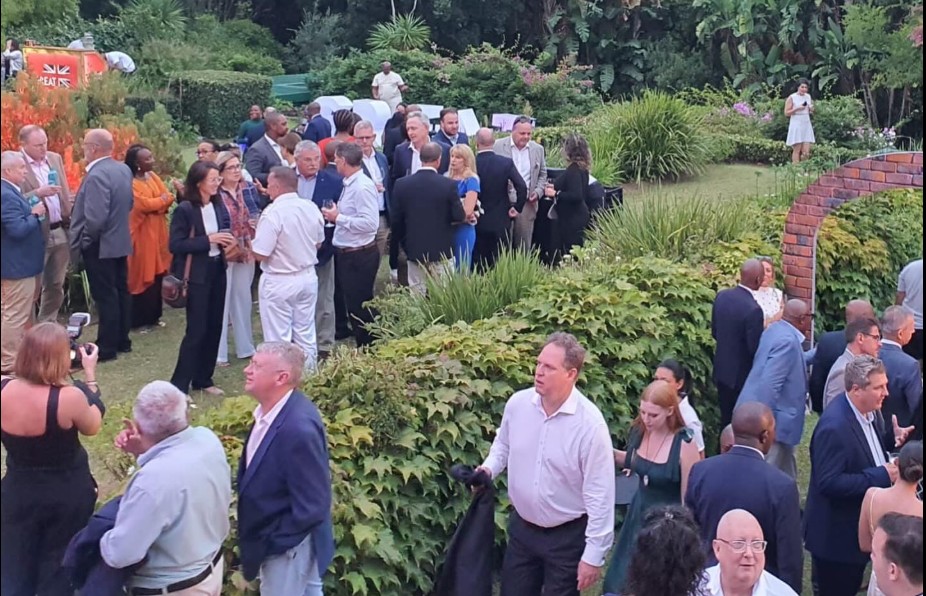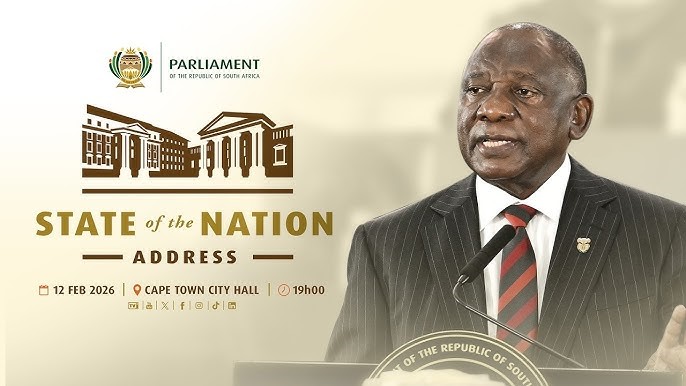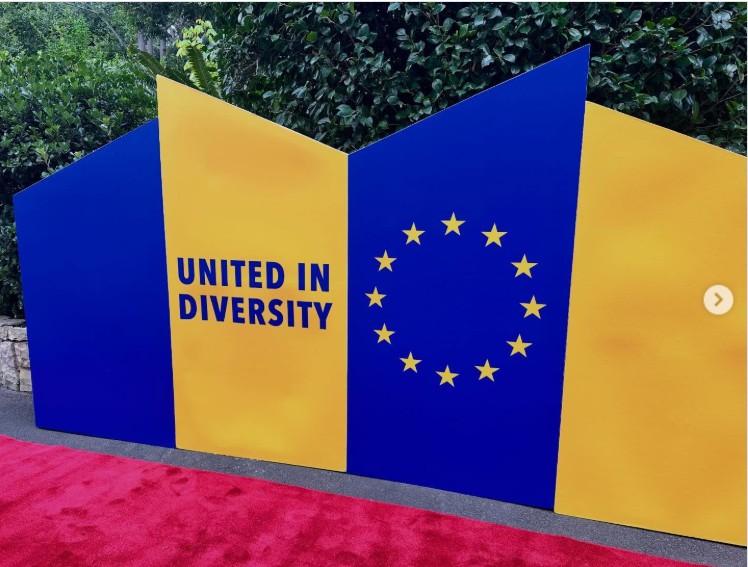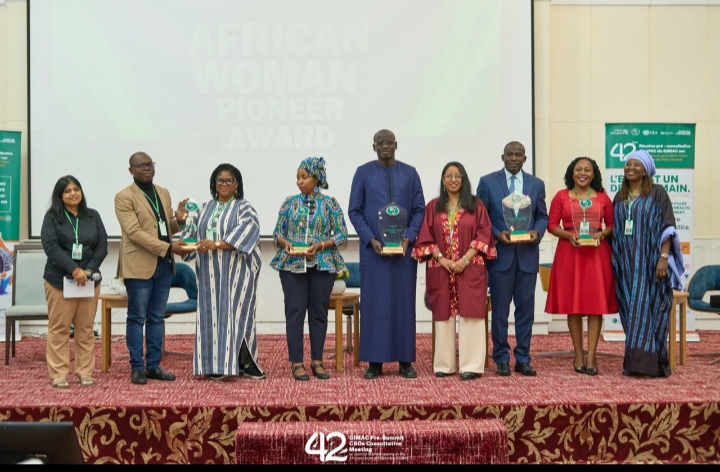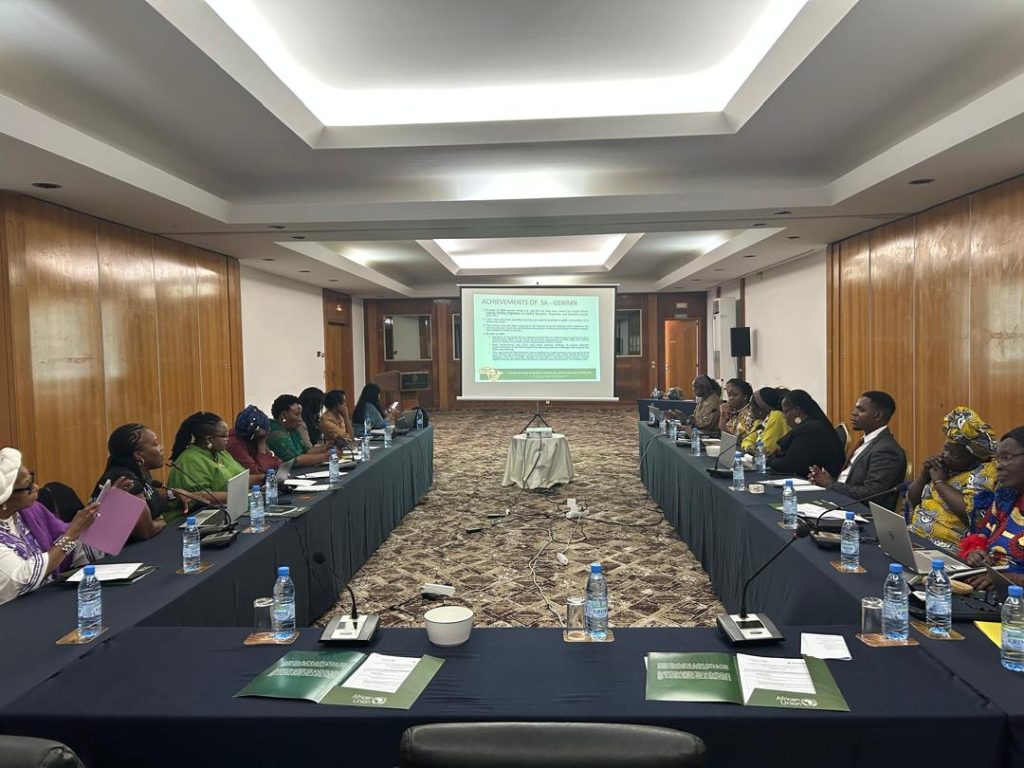In spite of the progress recorded in the continent in terms of socio-economic development, good governance, peace and security; recent years has also seen an increase in countries relapsing into violent conflict, which undermine years of investment in peacebuilding and post-conflict reconstruction. Peacebuilding as a field continues to evolve in response to complexities and changing dynamics on the ground.
The workshop on Lessons Learned from Inclusive National Peacebuilding Processes aimed at sharing lessons and to provide an opportunity to dialogue on inclusive and coherent national peacebuilding efforts in Burundi, Liberia and South Sudan. The Workshop brought together peacebuilding practitioners, representatives of partner organizations, donor partner countries and representatives from embassies of Burundi, Liberia and South Sudan.
The Workshop was conducted as part of the self-assessment process ACCORD commissioned, as one of its programmes the African Peacebuilding Coordination Programme (APCP), which was implemented since 2007 with the support of the Government of Finland was nearing to the end of its third phase. The self-assessment is as part of ACCORD’s continuous learning and reflection effort that engaged directly with stakeholders, ACCORD staff, as well as those who have participated in the APCP initiatives.
APCP seeks to support coherence and coordination in peacebuilding contexts in Africa towards strengthening stability, security, peace, justice and sustainable development. The APCP operates across four different levels – global, continental, regional and national, where peacebuilding work is guided by different frameworks. At the national level, the APCP has operated in five countries during different phases, which have included Burundi, the Democratic Republic of Congo (DRC), Sudan, South Sudan and Liberia.

